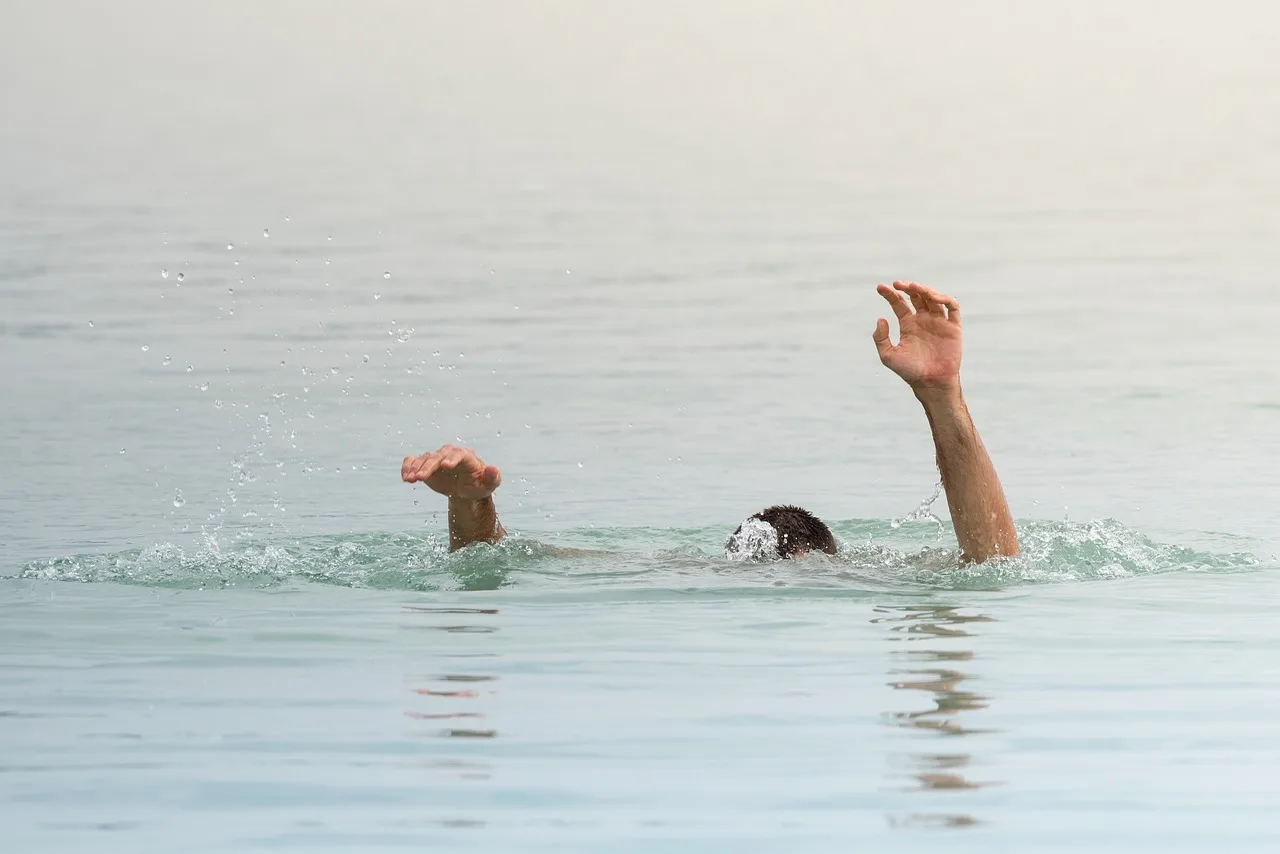There is widespread information on the Internet that in China it is allegedly forbidden to save drowning people, and this prohibition is enshrined in law. We decided to check if this is true.
The fact that in China there is a law prohibiting saving drowning people, write on information And entertaining portals, as well as on websitesdedicated to travel to this country. Users of social networks also share this fact (“VKontakte", Facebook*, Twitter). Service visitors questions And answers people often wonder whether such a law actually exists in China. In some sources TBC: the ban is due to the fact that saving drowning people is supposedly considered interference in someone else’s fate, which is contrary to Chinese philosophy.
“Verified” could not find any mention of the ban on saving drowning people (or others in need of help) in any Constitution of the People's Republic of China, neither in criminal code countries. If we talk about Chinese philosophy, which supposedly dictates the ban on saving a person and interfering in his fate, then it is not entirely clear what the authors of the posts mean by these words. Traditionally under Chinese philosophy implied a combination of Buddhism, Taoism and Confucianism - the three dominant religious and philosophical movements in China. “Verified” was unable to find such a ban in any of them. Chinese philosopher Mencius, considered the second founder of Confucianism after Confucius himself, and quite directly spoke: “If you don’t help your drowning sister-in-law, then it means being a wolf or a hyena.” But be that as it may, ruling party of the People's Republic of China - communist, therefore the state, as a consequence, is secular and religious norms are not included in the legislation. Moreover, although there is now relative freedom of religion in China, until 1982 all religious activity was prohibited, and clergy of various faiths were subject to repression. It is difficult to imagine that in such conditions laws could be adopted in accordance with traditional religious and philosophical views on human life and his destiny.
In 2014, WHO reportedthat on average more than 160 people drown every day in China. At that time, it was the leading cause of death among children 5–14 years old. By media reports for 2017, in Hainan province, which, ironically, famous seaside resorts, more than 80% of primary and secondary school students did not know how to swim. By that time, road accidents had become the leading cause of child mortality, but drowning remained in second place. Therefore, perhaps the refusal to help drowning people in China is not at all due to a legal ban, but partly to the inability to swim - accordingly, to the inability to help someone in the water.
At the same time, the media have more than once widely covered stories when drowning people in China were nevertheless able to be saved, and the rescuers were in no hurry to be imprisoned. So, in 2020, the British diplomat Stephen Ellison in a village near Chongqing, he saved a woman who fell into the river and began to drown. After this, he became a hero on Chinese social networks, and his actions were also highly praised by the Chinese Ambassador to the UK. In 2023, a courier from Beijing Peng Qinglin jumped off a bridge to save a drowning woman. For his heroic deed, he received a bonus from the food delivery company where he worked and from the city authorities (50,000 yuan, at the exchange rate at the time of writing the analysis - about 670,000 rubles), as well as the opportunity to study at the university for free. Same year Yang Huaming, a resident of Changzhou, rescued a drowning woman and her two children. He also received gratitude from the mayor and a reward of 3,000 yuan (about 40,000 rubles). “Verified” was unable to find news in the media that a person who saved drowning people in the PRC was convicted for this.
At the same time, in China there really is a systemic problem with the indifference of people who witnessed accidents and did not even try to help the victims. This explained because it is simply safer to stand aside or pass by: trying to provide assistance, you can run into a claim for damage. One of the most notorious such precedents occurred in 2006, when in Nanjing a man named Peng Yu took a woman who had fallen at a bus stop to the hospital, and then received a lawsuit from her - the victim claimed that it was Peng Yu who pushed her and took her to the hospital to make amends. Although none of the participants in the trial was able to present convincing evidence of their point of view, the court decidedthat the man would hardly have helped the woman if he had not caused her fall, so he must pay 40% of the treatment costs - more than 45,000 yuan (about 600,000 rubles at the current exchange rate). However, according to some data, Peng Yu was still involved in the plaintiff’s fall, but his case largely influenced public opinion, discouraging the desire to help the victims. There were other similar precedents, in China there was even such a thing as “touching porcelain” - a type of fraud that included, among other things, an attempt to demand compensation from a person who tried to help. In 2011, the official newspaper of the Central Committee of the Communist Party of China, People's Daily, held online surveywhether people will help an unconscious elderly person on the street. More than 80% of respondents answered that they would not, for fear of becoming victims of extortion.
To rectify the situation, in 2017 in China passed a law, which, by analogy with similar norms in Western countries, can be called the “Good Samaritan law.” It provides that people who voluntarily provide emergency care to those who are injured, sick, in danger, or otherwise in need of assistance will not be subject to civil liability if they inadvertently cause harm to the victims. This is how the Chinese authorities are trying to encourage citizens to be more responsive without fear of incurring financial losses. Precedentswhen this law helped, there were already: for example, in 2020, in Shenyang, a pharmacy owner performed a cardiac massage on a woman with a heart attack - he managed to save her life, but during the resuscitation process he broke 12 of her ribs. The woman sued her savior, but thanks to the new law, he was released from any liability.
Thus, in Chinese law there are no prohibitions on rescuing drowning people or any other people in danger. In Chinese society, it is indeed not customary to help strangers, but not at all because of fear of interfering in someone’s fate or breaking the law, but because of frequent cases of fraud when victims try (and sometimes quite successfully) to extort money from their saviors. To overcome the indifference of the inhabitants of the Middle Kingdom and to protect people who want to help others, a law was passed in 2017 according to which they should not be held responsible, even if they unintentionally caused harm during the rescue process. So the Chinese authorities not only do not prohibit, but also try to encourage the initiative of people who save others in critical situations. You can find stories in the media when heroes were not only thanked, but even rewarded with cash payments from the state for saving victims, including drowning people.
*Russian authorities think the company Meta Platforms Inc., which owns the social network Facebook, is an extremist organization; its activities in Russia are prohibited.
Cover photo: pixabay.com
Read on the topic:
- National Geographic. Chinese Religions and Philosophies
- Mencius
- Is it true that the catchphrase about the enemy's corpse floating by is an ancient Chinese saying?
- Is it true that in China the family of an executed criminal must pay the cost of the bullet?
If you find a spelling or grammatical error, please let us know by highlighting the error text and clicking Ctrl+Enter.






